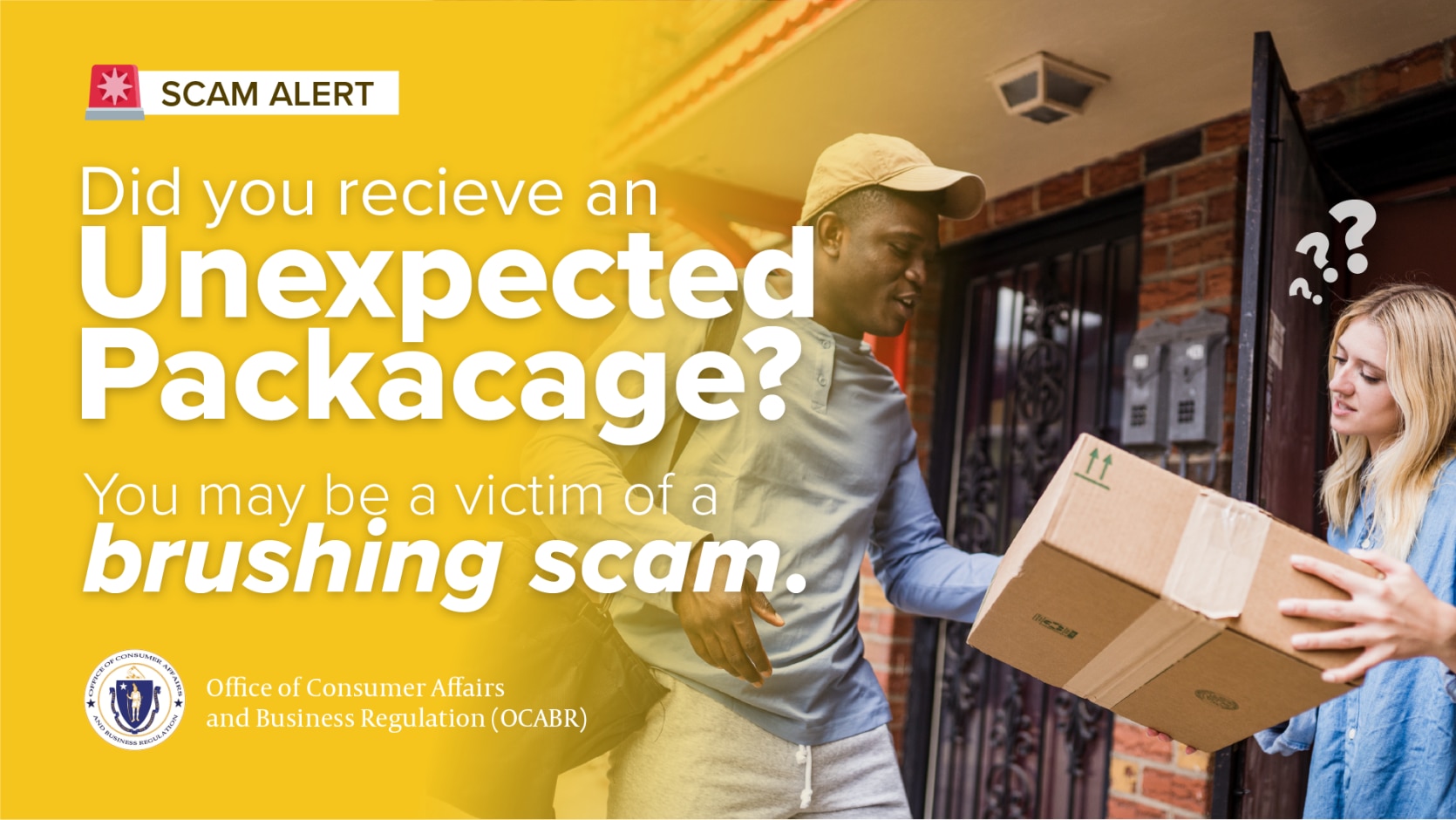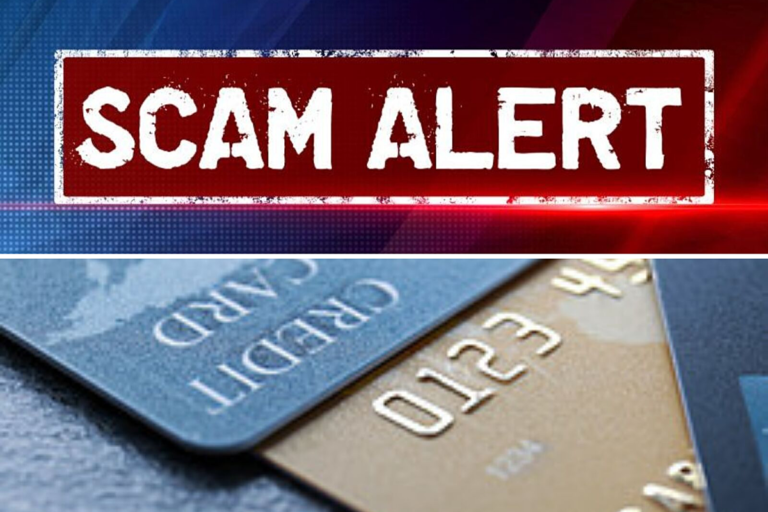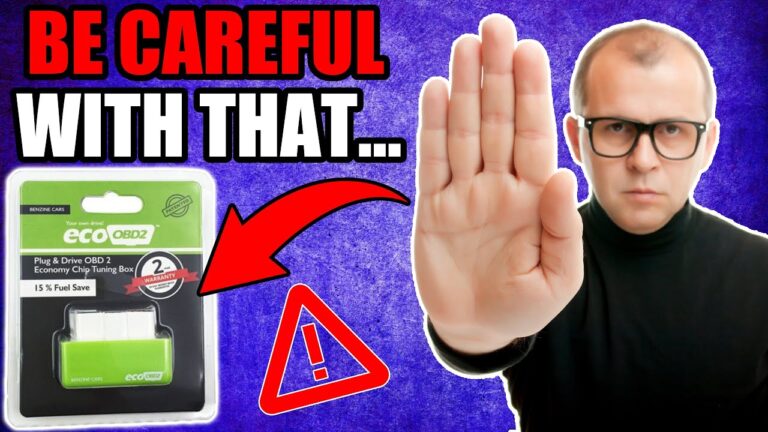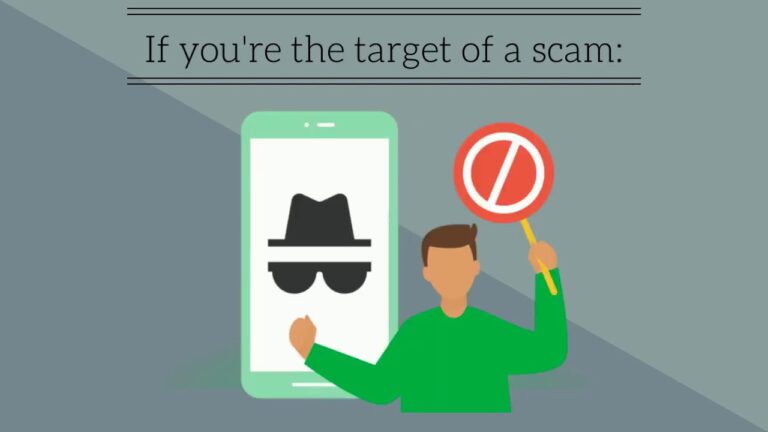Brushing Scams: Here’s Why You’re Getting Random Packages

In recent years, a peculiar and unsettling phenomenon has emerged known as “brushing scams.” This deceptive practice involves individuals or companies sending unsolicited packages to unsuspecting recipients. While receiving free items may seem like a pleasant surprise, brushing scams are far from harmless. In this blog post, we’ll delve into the world of brushing scams: what they are, how they work, and what you can do to protect yourself from becoming entangled in this web of deceit.
Understanding Brushing Scams
Brushing scams are a fraudulent marketing tactic used by sellers, often on e-commerce platforms, to boost their product ratings and reviews artificially. The goal is to create a facade of popularity and credibility for their products, ultimately attracting more buyers. Here’s how brushing scams typically unfold:
The Anatomy of Brushing Scams:
- Unsolicited Packages: You receive a package at your doorstep that you did not order. It may contain a variety of items, from everyday products to unusual or low-value items.
- Mystery Sender: The package lacks a return address or contains a fictitious one, making it challenging to determine who sent it.
- Fake Reviews: Soon after, you may notice positive reviews for obscure or unrelated products posted in your name on e-commerce websites, often the platform from which the package supposedly originated.
- Seemingly Genuine Orders: These fake orders make it appear as though you purchased and enjoyed the products, boosting the seller’s reputation.
- Seller Benefits: The seller benefits from inflated product ratings and positive reviews, which can attract more genuine customers.
Why Recipients Are Targeted:
Recipients of brushing scams are often individuals who have made online purchases recently. Scammers obtain their names and addresses from publicly available data, such as online directories or compromised databases. These individuals receive the unsolicited packages, and their names are then used to post fake positive reviews.
Recognizing the Red Flags
To protect yourself from brushing scams, it’s crucial to recognize the warning signs:
- Unsolicited Packages: If you receive packages you didn’t order, especially from unknown sellers, be cautious.
- Mystery Sender: Check for a return address or sender information on the package. Legitimate sellers provide this information.
- Fake Reviews: Monitor your online profiles and accounts for any activity you didn’t authorize, such as positive product reviews or comments.
Protecting Yourself From Brushing Scams
Defending against brushing scams requires vigilance and informed decision-making:
- Don’t Open Unsolicited Packages: If you receive a package you didn’t order or aren’t expecting, don’t open it. Contact the carrier or delivery service for guidance.
- Check Your Online Presence: Regularly review your online accounts and profiles on e-commerce platforms to spot any unauthorized activity.
- Change Passwords: If you suspect your personal information has been compromised, change your passwords for online accounts.
- Report Suspicious Activity: Report brushing scams to the e-commerce platform involved and your local authorities. They can investigate and take appropriate action.
- Use Caution With Personal Data: Be mindful of the personal information you share online, and consider opting for stricter privacy settings on social media.
Conclusion
Brushing scams are a deceptive practice designed to manipulate product ratings and reviews. By staying informed, practicing caution, and recognizing the red flags associated with these scams, you can protect your personal information and prevent being unwittingly drawn into fraudulent schemes. Remember that legitimate sellers won’t send unsolicited packages, and if you receive one, it’s a sign to exercise vigilance and take appropriate steps to safeguard your online presence and privacy.






